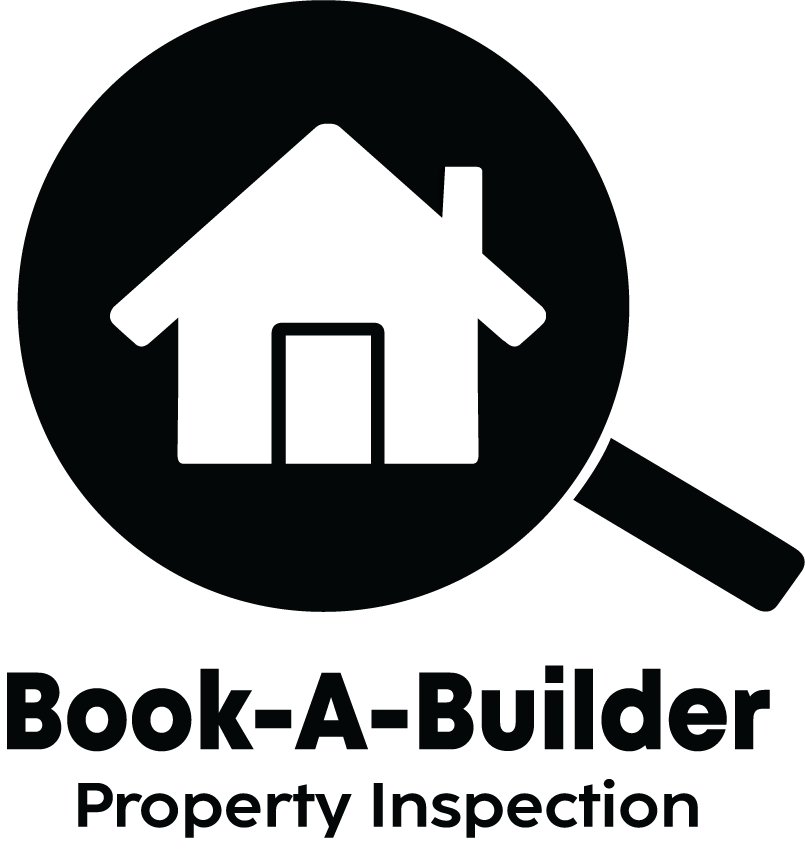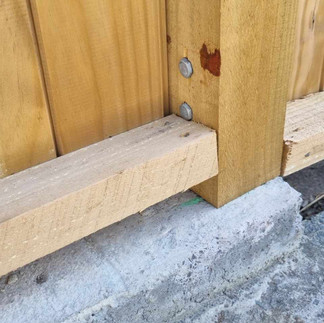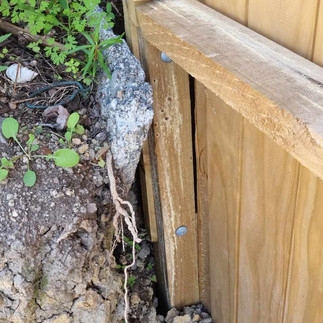When Cowboy Tradies Go Wrong!
- Alex Willis
- Aug 21, 2025
- 2 min read
What Happened to My Client — and How It Could Happen to You
A client recently reached out after hiring what he thought was a capable tradie to build a simple fence. Within just three weeks, the fence—built in an ultra-high-wind zone—started collapsing toward his house. The nails were the wrong size and type, the posts weren’t concreted into the ground, and the wrong brackets were used. In short: it was unsafe, non-compliant, and falling apart.
As his consultant, I conducted a full assessment and prepared a report to support his litigation—here’s what every homeowner should know to avoid the same fate.
The Hidden Risks of Hiring Unknown or Unlicensed Builders
1. Restricted Building Work Requires a Licensed Building Practitioner (LBP)
Even though fences under 2.5 m don’t require building consent, they still must comply with the Building Code—and restricted building work must be done by an LBP. Failing to do so can result in fines up to $20,000, and even a Notice to Fix from council Auckland Council.
2. Only LBPs Can Issue a Record of Work
An LBP is obligated to supply documentation certifying compliance with the Building Act. Without this, your project might lack council approval and expose you to risks.
3. Legal and Insurance Consequences
Using someone unlicensed can void your insurance and make any dispute resolution far more difficult. It may also lead to penalties for building code violations.
What My Report Highlighted in Litigation
In preparing the case, here are the key failings I documented:
Structural Danger: The fence was on the verge of falling onto the house—completely unsafe for a high-wind zone.
Substandard Materials: Incorrect nails, wrong brackets, and no proper concreting—none complied with New Zealand building standards.
No LBP or Documentation: The tradie was unlicensed and provided no Record of Work, leaving the client exposed legally and financially.
How You Can Stay Protected: Best Practices
Action | Why It Matters |
Check LBP Status via MBIE Register | Ensures the builder is legally qualified and that the work will be compliant. |
Get a Record of Work or Certificate of Work | Required for restricted building work and council sign-off. |
Use Insured, Accredited Builders | Membership with groups like Master Builders offers added accountability. |
Have a Clear Written Contract | Protects against scope creep, legal ambiguity, and payment disputes |
Avoid Large Upfront Cash Payments | Keeps tradies accountable and reduces financial risk |
Keep Visual and Written Records | Photos, emails, and notes can be vital if issues—or litigation—arise |
Final Thoughts
My client’s case is a powerful reminder: even simple outdoor jobs can go disastrously wrong if you don’t vet who you hire. Cutting corners on the builder can compromise safety, compliance, and peace of mind. Avoiding cowboy tradies starts with sticking to qualified professionals, insisting on documentation, and securing a solid, enforceable contract.






























Comments